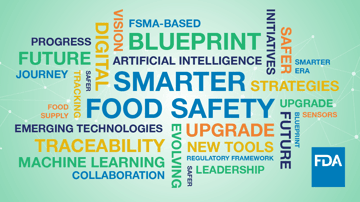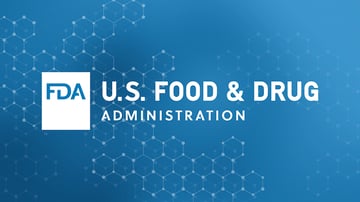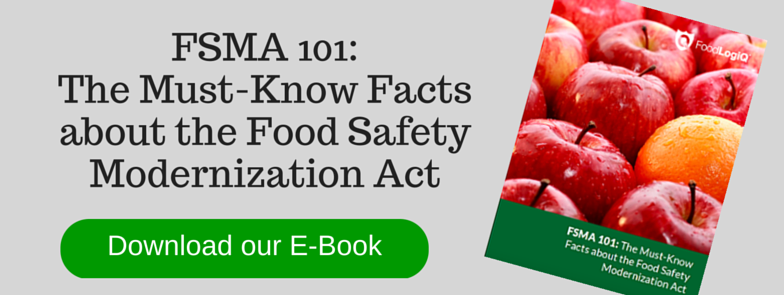The first two rules have been released by the U.S. Food & Drug Administration and they now require owners, operators, or agents in charge of a food facility to evaluate the hazards that could affect food in that facility. This includes identifying and implementing preventive controls, monitoring the performance of those controls and maintaining records. Here's a quick overview of the new rules provided by the Food and Drug Administration.
Preventive controls
For the first time, FDA has a legislative mandate to require comprehensive, prevention‐based controls across the food supply. The legislation transforms FDA’s approach to food safety from a system that far too often responds to outbreaks rather than prevents them. It does so by requiring food facilities to evaluate the hazards in their operations, implement and monitor effective measures to prevent contamination, and have a plan in place to take any corrective actions that are necessary.
It also requires FDA to establish science‐based standards for the safe production and harvesting of fruits and vegetables to minimize the risk of serious illnesses or death.
This new ability to hold food companies accountable for preventing contamination is a significant milestone in the efforts to modernize the food safety system.
Inspection and Compliance
The legislation recognizes that inspection is an important means of holding industry accountable for their responsibility to produce safe product. FDA will meet this expectation by:
- Applying its inspection resources in a risk‐based manner
- Innovating in its inspection approaches to be the most efficient and effective with existing resources.
Imported Food Safety
The legislation provides significant enhancements to FDA’s ability to achieve greater oversight of the millions of food products coming into the United States from other countries each year. An estimated 15 percent of the U.S. food supply is imported, including 60 percent of fresh fruits and vegetables and 80 percent of seafood.
More specifically, relative to import food safety, the legislation:
- Requires importers to perform supplier verification activities to ensure imported food is safe
- Authorizes FDA to refuse admission to imported food if the foreign facility or country refuses to allow an FDA inspection
- Authorizes FDA to require certification, based on risk criteria, that the imported food is in compliance with food safety requirements
- Provides an incentive for importers to take additional food safety measures by directing FDA to establish a voluntary program through which imports may receive expedited review of their shipments if the importer has taken certain measures to assure the safety of the food.
Response
For the first time, FDA will have mandatory recall authority for all food products. While FDA expects that it will only need to invoke this authority infrequently since the food industry is largely compliant with FDA’s requests for voluntary recalls, this new authority is a critical improvement in FDA’s ability to protect the public health.
Enhanced Partnerships
The legislation recognizes the importance of strengthening existing collaboration among all food safety agencies – Federal, state, local, territorial, tribal, and foreign – to achieve our public health goals.
It also recognizes the importance of building the capacity of state, local, territorial and tribal food safety programs. Among other provisions, it directs the Secretary to improve training of state, local, territorial and tribal food safety officials and authorizes grants for training, conducting inspections, building capacity of labs and food safety programs, and other food safety activities.
Source: Food and Drug Administration
Other posts you might be interested in
View All Posts
Food Safety
5 min read
| December 18, 2019
A New Era of Smarter Food Safety Public Comments
Read More
Food Safety
6 min read
| October 29, 2021
FoodLogiQ's Key Takeaways from SQF Unites 2021
Read More
Food Safety
10 min read
| December 6, 2021


